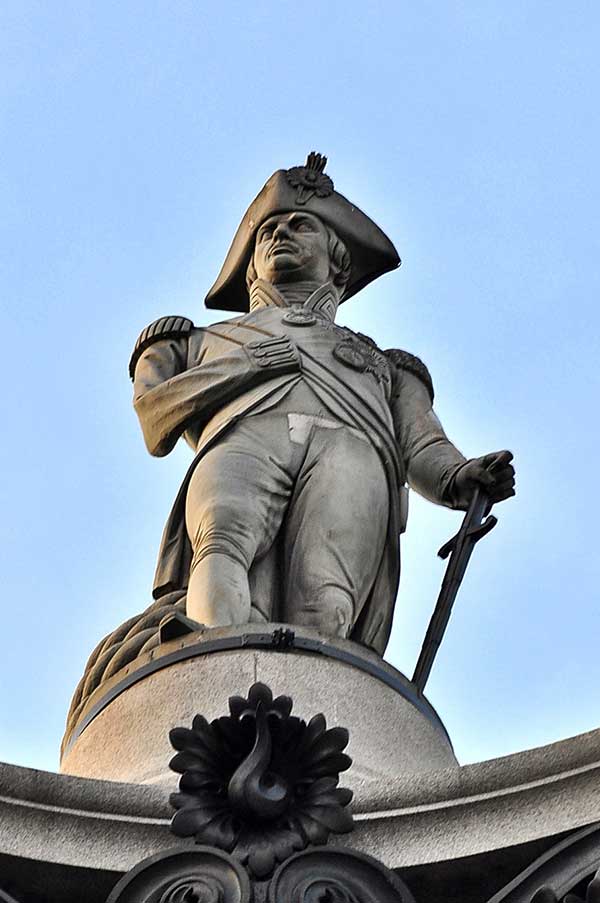How Britain celebrated the Bicentenary
The Napoleonic Wars, in which Napoleon Bonaparte pitted his French Army against the powers of Europe, creating a vast yet short-lived empire, ran from 1803-1815. During this time, Napoleon conquered most of Europe, changed the face of how armies recruited and functioned, and brought order to France after the revolution. It was only after a disastrous campaign into Russia that he was beaten, only to regroup, and be beaten again at the Battle of Waterloo by the English, led by the Duke of Wellington.
It’s now 200 years since that fateful day, when Napoleon was beaten for good, although Wellington wasn’t the only one to send him packing. Admiral Nelson, who died during the Battle of Trafalgar, ten years before Waterloo, was often pitted against the forces of Napoleon, and was such a brilliant leader and tactician that he was immortalised atop Nelson’s Column, in Trafalgar Square.

This year is the year that we remember the battle that was Waterloo, with a series of events and reconstructions that will take audiences back through history. There are exhibitions all over the UK, from London to Dumfries, so wherever you are, it’s possible to get in on the action.
Waterloo and Windsor: 1815-2015
This exhibition, which will run until 13/01/2016 at Windsor Castle, takes visitors on a journey through State Apartments, viewing prints, drawing and archival material from the battle and its aftermath. Exhibits include silver artefacts, weapons, furniture, and even the red cloak worn by Napoleon himself.
Waterloo Lives: Puzzler
This event, based at the National Army Museum, is designed to test your Waterloo knowledge. Questions such as – Why were Napoleon’s boots so short? will test your historical knowledge, and if you didn’t know how tall the legendary leader was before you walked in, you certainly will when you leave.
Waterloo Reconstruction: Belgium
The reconstruction has, unfortunately, already happened, so if you didn’t know about it, you’ve missed it (you can watch it here). 6,000 reenactors took to the Belgian countryside – for a week they held drills, cooked over campfires, and a camped in bivouacs, living the life of a 19th century soldiers. The battle re-enactment ran over two days, commemorating a battle that ended 26 years of fighting. According to those who went and watched the fighting was stunningly realistic.
The end of the Napoleonic War is still one of the most important dates of Britain's history, so explore the many events and activities going on across the country to mark the Bicentenary.